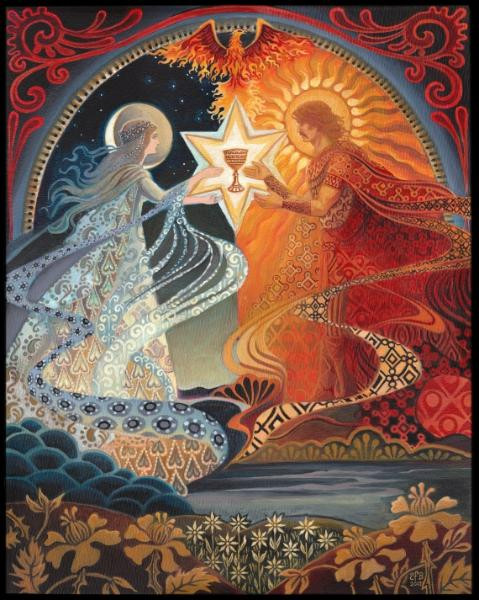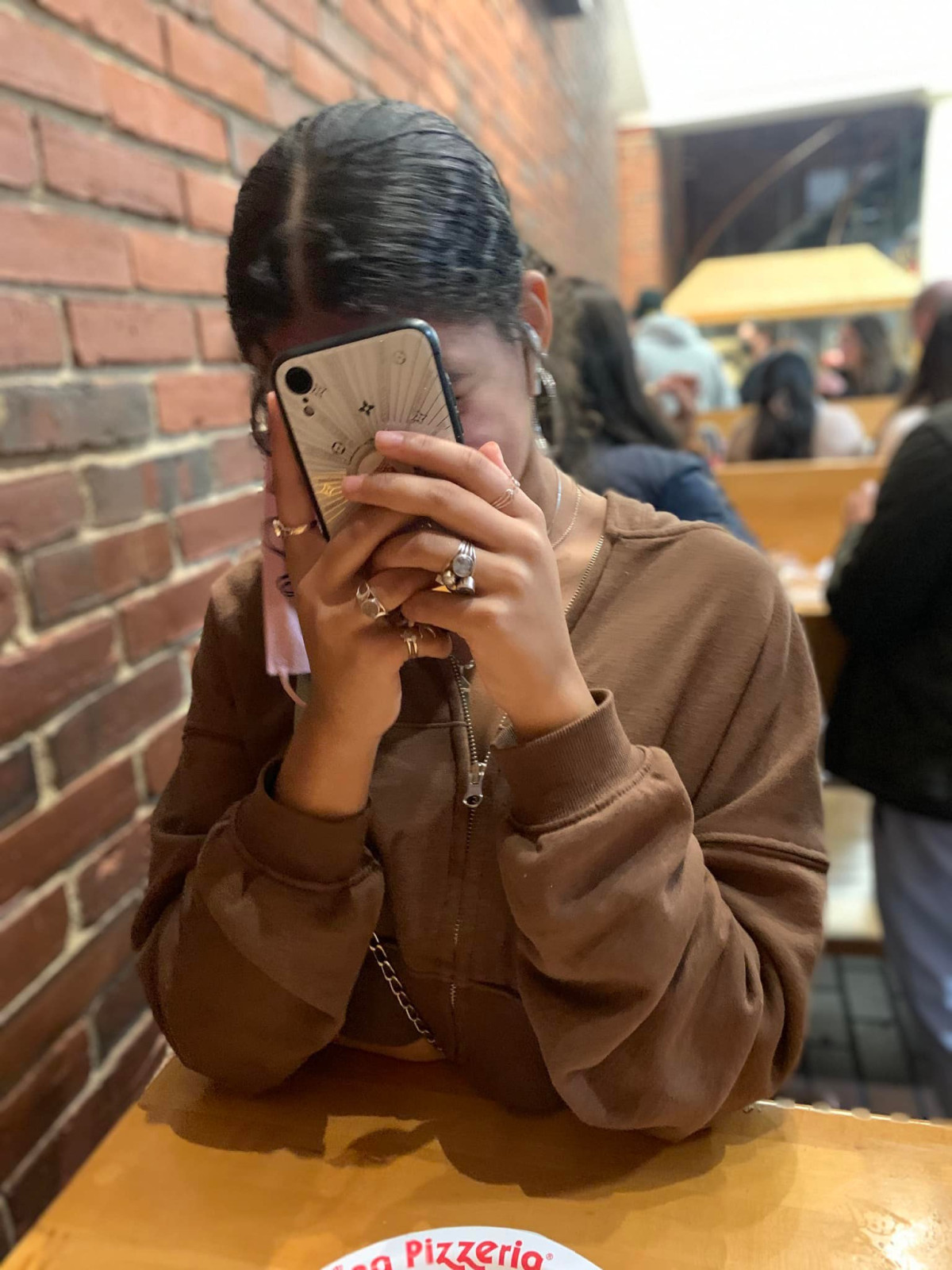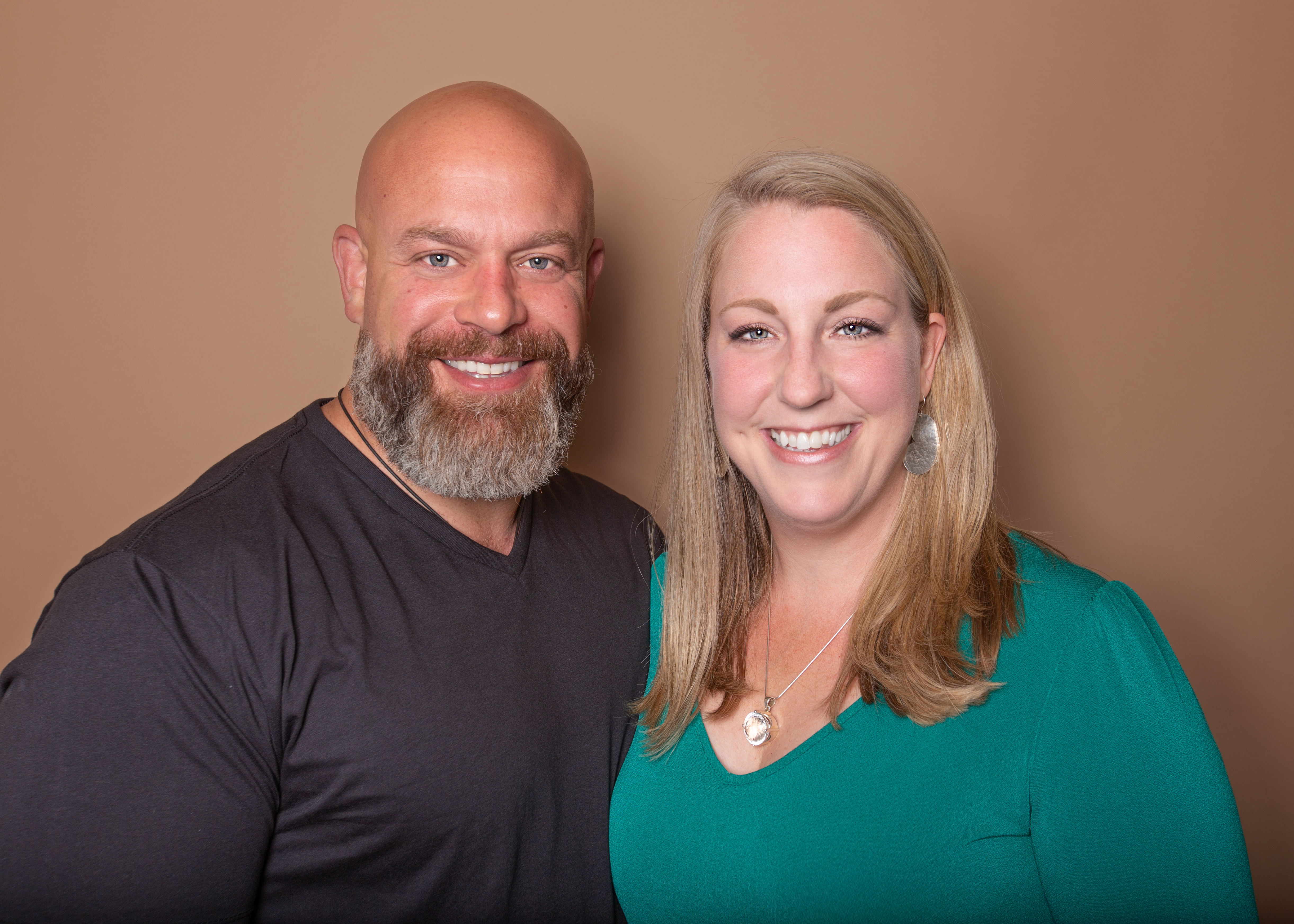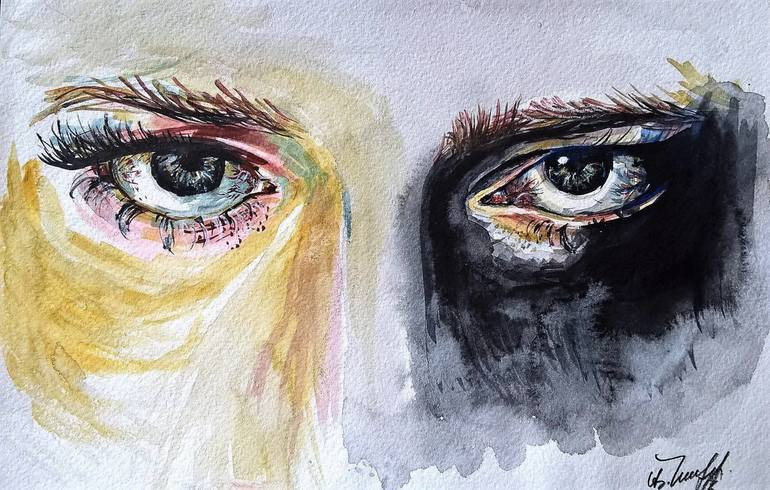
Infidelity is such a common issue that most of us have to face it in our lifetime, as the perpetrator, as the victim, or even as a bystander who is affected by the consequences of the relationship breakdown. In many cases, infidelity causes the end of the relationship, but sometimes forgiveness occurs and trust can be rebuilt to the point where the relationship can return to a healthy state. If trust is to be rebuilt, what is generally required is for the person who cheated to make conscious the reasons why they cheated, and for the victim to also become aware of how they participated in the dynamic.
Jungian or archetypal psychology offers a unique perspective on infidelity by exploring it within the framework of deep-seated psychological patterns and universal symbols. Carl Jung, the founder of Jungian psychology, theorized that the human psyche contains a collective unconscious shared by all individuals, filled with archetypes - universal symbols and themes that shape human experiences. When examining infidelity through this lens, several key concepts and ideas can be applied:
Read more...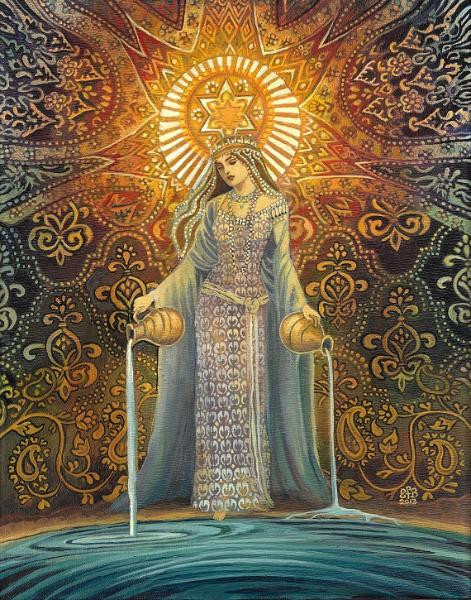
This blog post explores Carl Jung's concept of archetypes and their influence on our thoughts, feelings, and behaviors. Jung proposed the idea of a "collective unconscious," a shared layer of the unconscious mind that contains universal symbols and patterns of thought called archetypes. These archetypes, such as the mother, father, hero, and shadow, are activated in individuals' lives through personal experiences, dreams, and psychological processes, influencing their thoughts, emotions, and behaviors. Jung believed that psychological development involves recognizing and integrating these archetypal influences to achieve individuation and act from one's true self. The article suggests various ways to explore these archetypal forces, including working with a Jungian analyst, reading books by Jungian authors, taking courses on archetypes, and accessing resources on the Inner Wisdom School website.
To facilitate self-discovery and navigate the complexities of archetypes and complexes, the article suggests seeking support from professionals like Noah and Jamie, who can help understand personal symbolism, dreams, and unresolved emotions. The blog post encourages readers to embrace the exploration of archetypal influences and offers various avenues to gain insights and assistance. In conclusion, self-discovery is viewed as a rewarding but sometimes challenging journey, made easier with the guidance and support of professionals. Interested readers are invited to reach out for assistance and share their experiences.
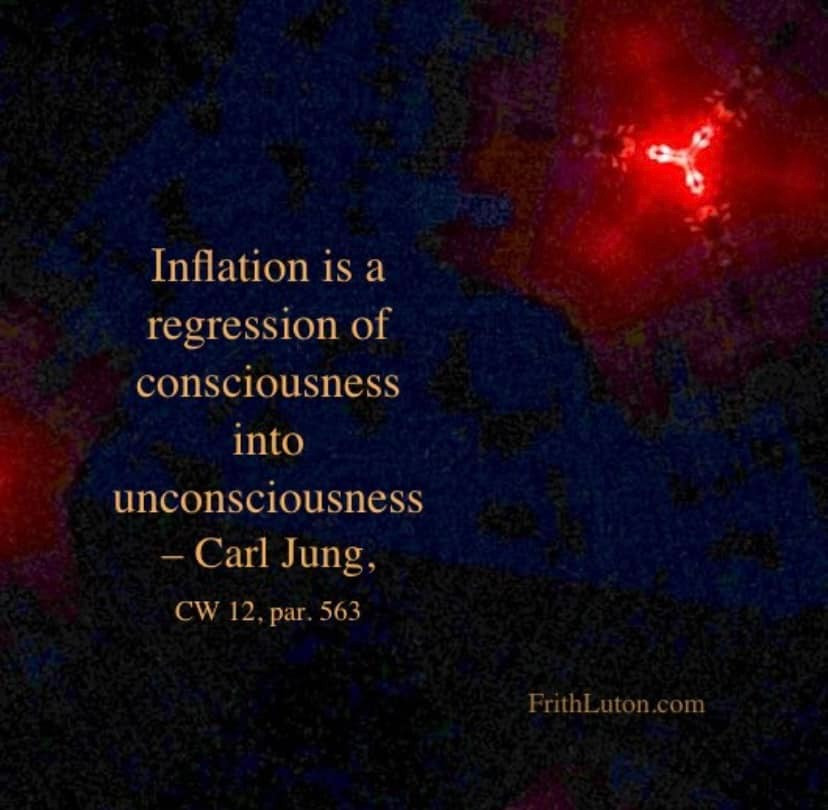
This blog post discusses the misstep of identifying with an archetype and the dangers of becoming trapped in an inflated consciousness. While archetypes can be useful in expanding our understanding of ourselves, believing we have reached the ultimate level of consciousness can lead to a narrow perspective. Inflation of consciousness is characterized by egocentrism and an inability to learn from the past or make informed decisions about the future. It is a regression into unconsciousness when consciousness takes on too many unconscious elements. Although we may not be directly conscious of this condition, its existence can be inferred from the reactions of our immediate environment. Inflation magnifies our blind spots, preventing us from seeing the full picture.
Read more...

